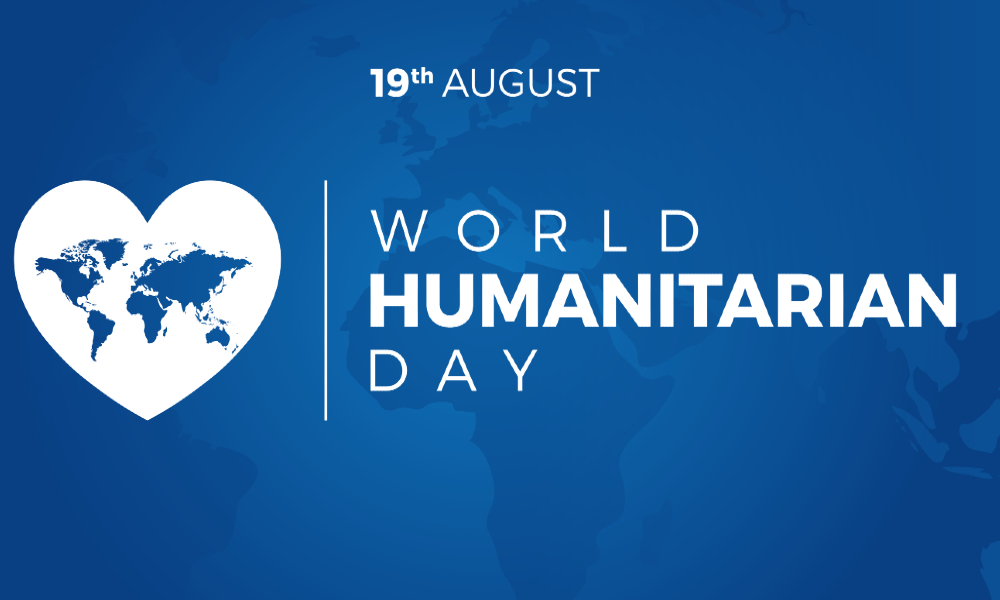On World Humanitarian Day, the United Nations Resident Coordinator and Humanitarian Coordinator for Syria, Adam Abdelmoula, along with the Regional Humanitarian Coordinator for the Syria Crisis, Ramanathan Balakrishnan, issued a joint statement highlighting the worsening humanitarian situation in Syria and calling for immediate international action.
This annual commemoration observed on August 19th, marks the tragic bombing of the Canal Hotel in Baghdad, which claimed the lives of 22 aid workers in 2003. Since then, the day has become a sombre reminder of the sacrifices made by humanitarians worldwide, with last year being the deadliest on record for humanitarian workers.
In their statement, Abdelmoula and Balakrishnan paid tribute to the bravery and resilience of local aid workers in Syria, many of whom are directly affected by the ongoing conflict. They emphasized that the crisis in Syria, now in its thirteenth year, shows no signs of abating, with 16.7 million people in need of assistance— the highest number since the crisis began.
“Act for Humanity”
The coordinators underscored the dire conditions in Syria, where hostilities, economic decline, displacement, poverty, and shortages of essential resources like water and fuel are compounding the already critical situation. Despite the growing needs, humanitarian funding has reached its lowest levels, putting immense pressure on the ability of aid organizations to deliver life-saving assistance.
This year’s World Humanitarian Day theme, “Act for Humanity,” calls on global leaders to address the violations of international law that continue to endanger both humanitarian workers and the vulnerable populations they serve. The statement from Abdelmoula and Balakrishnan urged the international community to not turn a blind eye to Syria’s multi-layered crisis and to step up support for both emergency aid and long-term recovery efforts.
The UN officials concluded with a powerful call to action, stressing that failing to adequately address the humanitarian needs in Syria would mean failing the millions of people who have endured years of suffering. “Today, let us ‘Act for Humanity,'” they urged, reinforcing the need for collective efforts to alleviate the suffering in Syria and achieve sustainable solutions.


